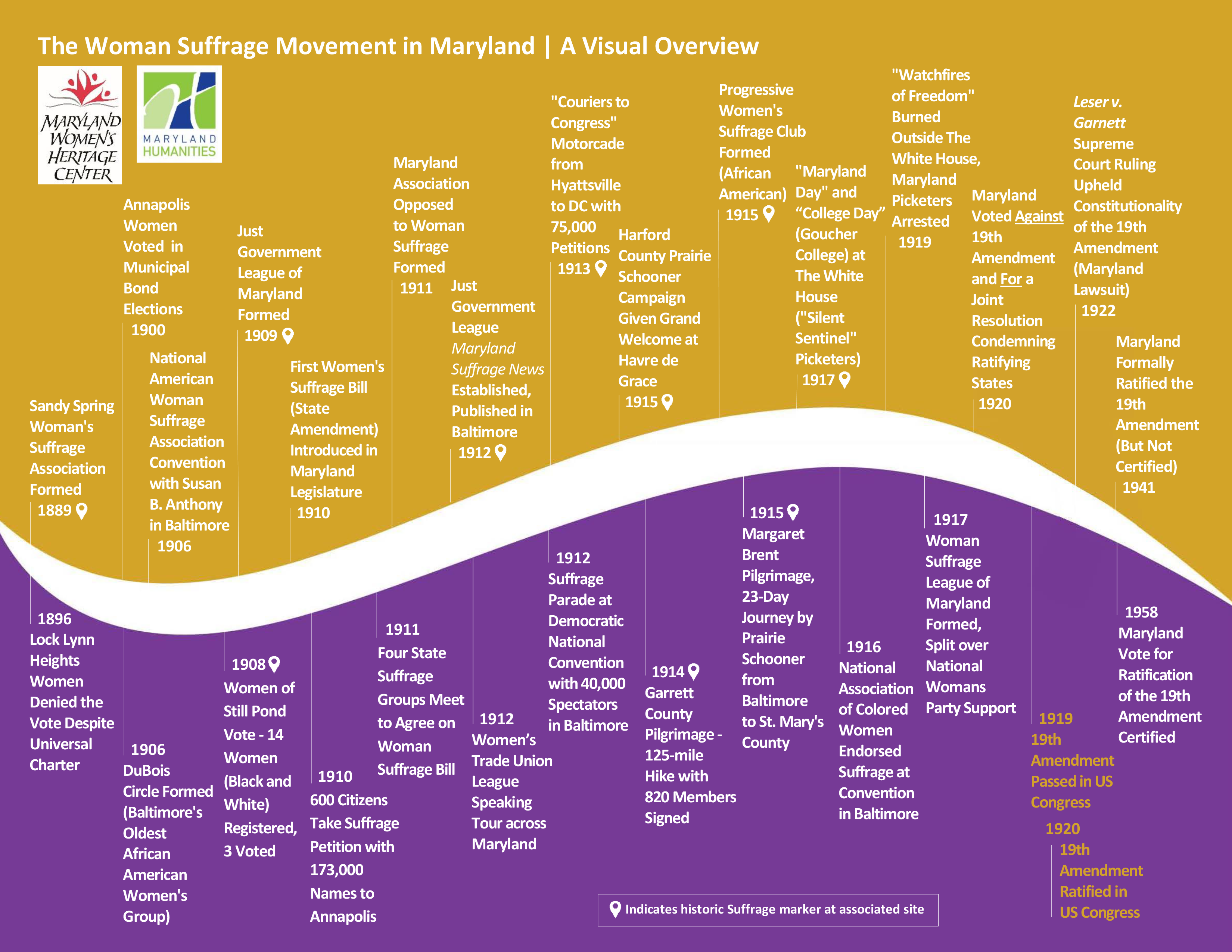
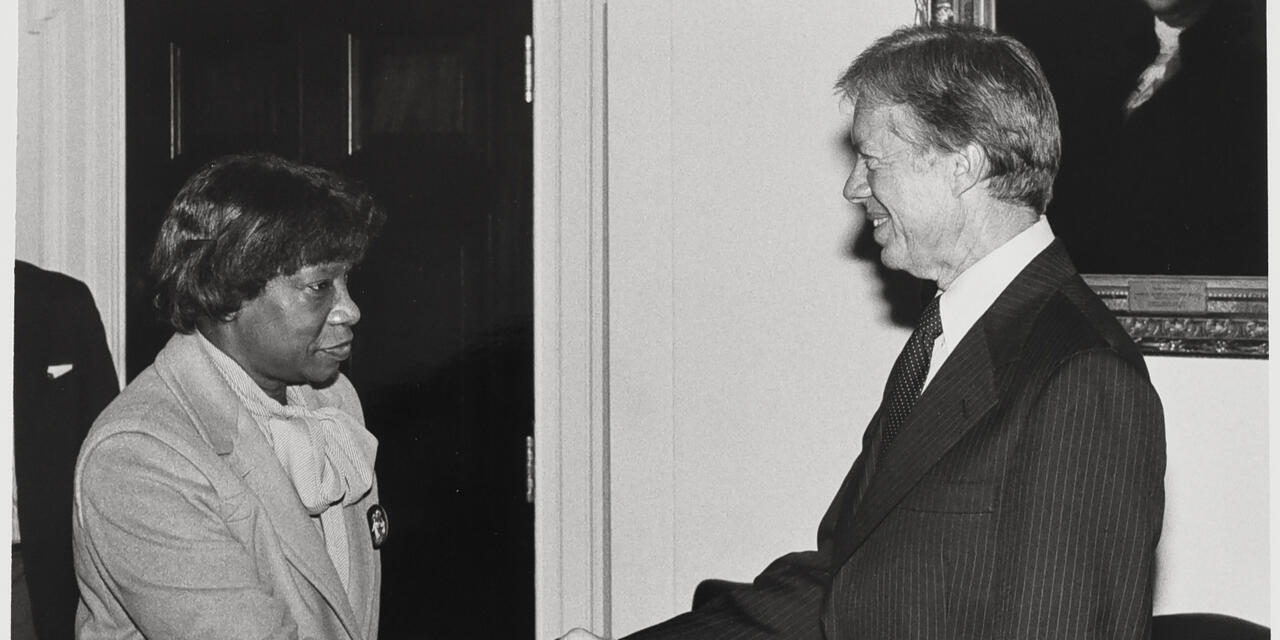
Phyllis Wallace and President Jimmy Carter, October 1979, Phyllis Wallace Papers, MC-0362, 27. Department of Distinctive Collections, MIT Libraries, Cambridge, Massachusetts
Moving Up and Over Barriers
A mentor then guided her to Yale University, where she earned a master’s degree in 1944 and PhD in 1948. She was the first woman to earn a PhD in economics there. Wallace could not serve as a teaching assistant because of her race and, possibly, gender. She did, however, work as a research assistant. The Rosenwald Foundation, an eminent supporter of African American education, provided supports to her.
Now an expert in international trade, she joined the National Bureau of Economic Research as an economist/statistician, while also teaching part-time at the College of the City of New York. From 1953 to 1957, she served on the faculty of Atlanta University and, at the same time, became a senior economist for the US government.
Forging Her Own Path in the Civil Rights Movement
As civil rights became a crucial issue in the 1960s, Dr. Wallace moved to the newly formed Equal Employment Opportunity Commission’s Office of Research as the Chief of Technical Studies, becoming a voice for workplace equality.
She spearheaded a federal case involving the nation’s largest employer, AT&T, that profoundly changed inequities in the labor market at the time. The 1973 lawsuit concluded that the company had discriminated against women and minority men.
AT&T agreed to pay millions in back wages and make other pay adjustments. The verdict also brought about changes in transfer and promotion policies and recruitment criteria. She wrote about the case in her book, Equal Employment Opportunity and the AT&T Case (MIT Press, 1976).
Wallace joined the MIT Sloan School of Management faculty as a visiting professor in 1973. Her promotion to full professor in 1975 made Wallace the first woman to gain tenure at Sloan.
A Legacy Lives Through the Generations
In addition to her groundbreaking roles as a professor and government leader, Dr. Wallace was highly admired for mentoring, for her ability to bring people together to exchange ideas, for her integrity and for her unwillingness to speak negatively of anyone.
When she retired in 1986, scholars in industrial and labor relations and economics from around the world gathered at MIT for a conference in her honor. In addition, the Sloan School endowed the Phyllis A. Wallace Doctoral Fellows Fund, which provides support for Blacks admitted to the School’s doctoral program, and the Phyllis A. Wallace Visiting Scholars Fund to provide support for Black visiting scholars at the school.
Dr. Phyliss Ann Wallace rose far above segregation and prejudice to right wrongs that plagued the nation in the mid-century.
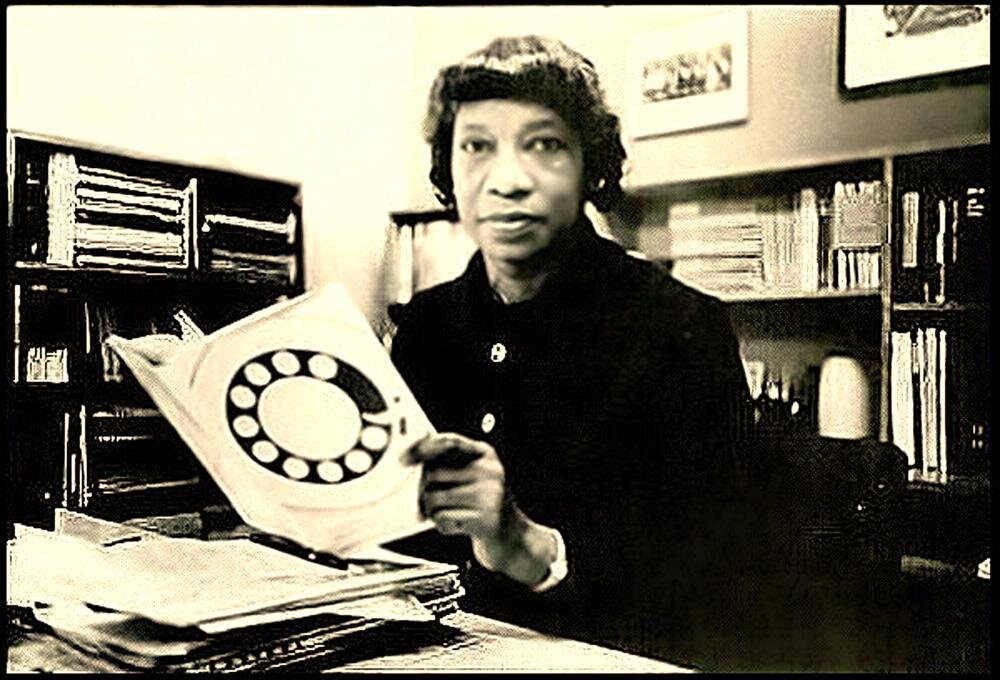
Dr. Phyllis Wallace shown holding her newly published book, “Equal Employment Opportunity and the AT&T Case” Source: Black Enterprise (1976)
Books by Dr. Phyllis Williams
Dr. Wallace authored books that focused on advancing people who had traditionally not had opportunities to reach their highest potential. They include Pathways to Work: Employment Among Black Teenage Females (1974); Equal Employment Opportunity and the AT&T Case (1975); Women, Minorities and Employment Discrimination (1977); Black Women in the Labor Force (1982); MBAs on the Fast Track: The Career Mobility of Young Managers (1989); and Social Issues in Collective Bargaining 1950-1980: A Critical Assessment (reprinted, 2015).
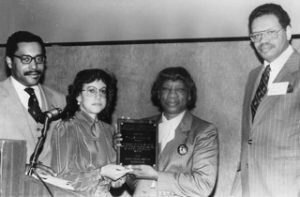
Professor Phyllis Ann Wallace (second right) receives the Westerfield Award, for black economists with outstanding achievements, from the National Economic Association, on February 8, 1982. (L to R:) Dr. Bernard Anderson (NEA President), Dr. Margaret Simms (Chair), Dr. Alfred Osborne (former NEA President). Photograph courtesy of MIT Museum.
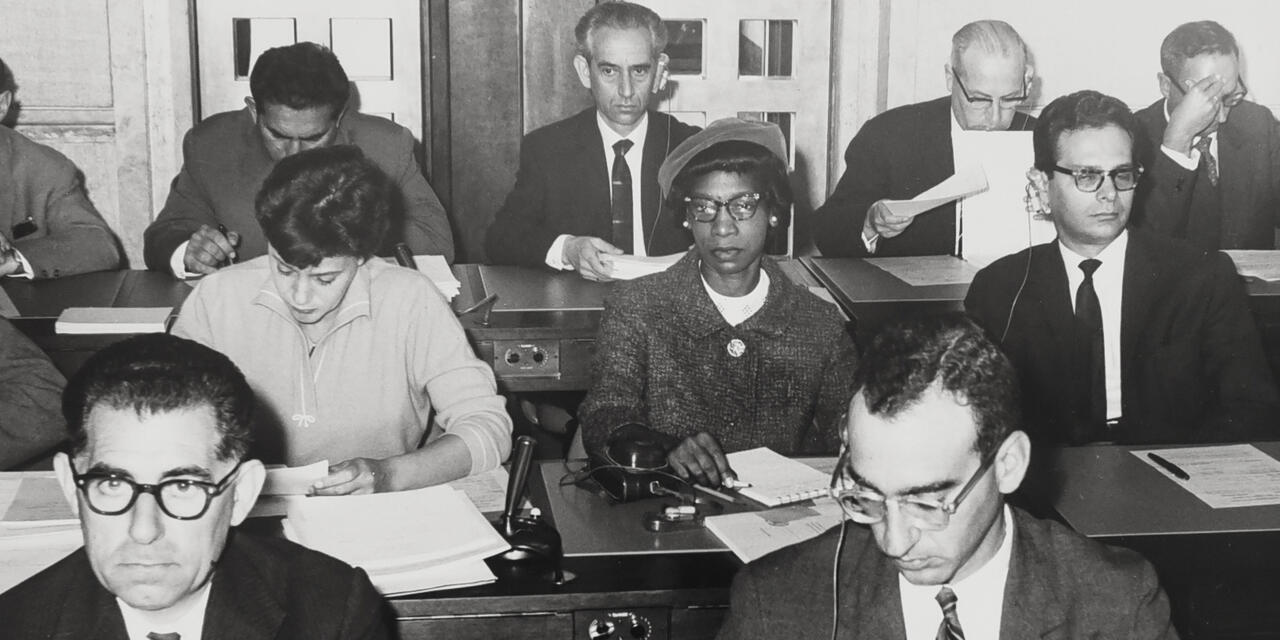
International Conference on Input-Output Techniques in Geneva, with Phyllis Wallace in center, October 1961, Phyllis Wallace Papers, MC-0362, 27. Department of Distinctive Collections, MIT Libraries, Cambridge, Massachusetts

Dr. Phyliss Wallace died unexpectedly in January 1993 and is buried in Arbutus Memorial Park.
MIT Black History, accessed 03/08/21
Tribute to Phyliss Wallace, Institute for Work & Employment Research, accessed 03/08/21
Phyllis Ann Wallace, A Leader for Equal Opportunity, by Annette LaMond| S.M., MIT Sloan School of Management | Ph.D., Yale University, Cambridge Historical Society, accessed 03/08/21
